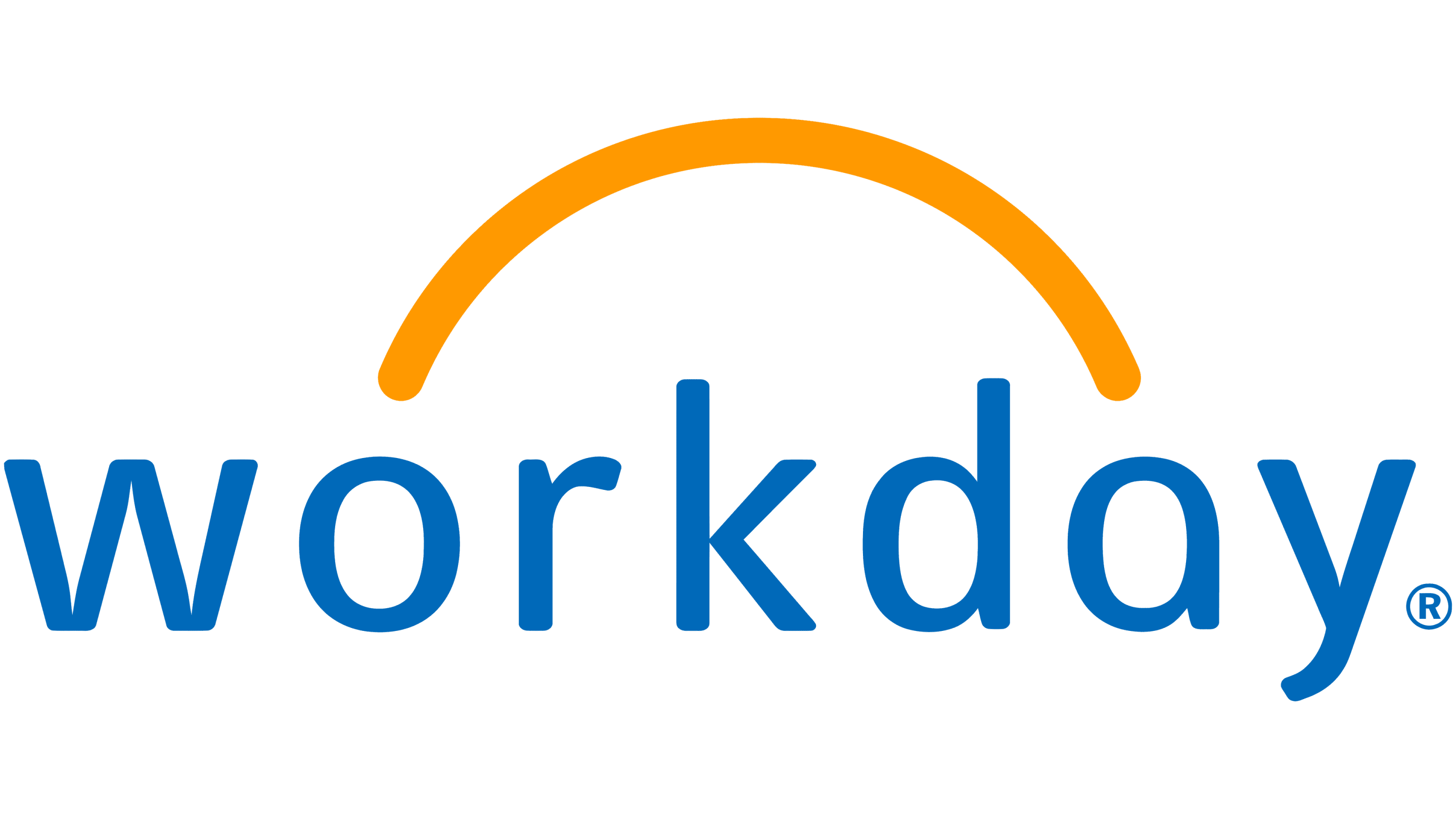How Much is the Average U.S. Domestic Relocation Package?
On average, the cost of a domestic employee relocation package for a U.S. move can range from $10,000 to $100,000, depending on the employee’s homeowner status (homeowner vs. renter), family size, distance, and benefits offered. According to internal data from WHR Global’s relocation platform, the average cost for a U.S. domestic renter in 2024 & 2025 was $21,792.
The average cost for a homeowner during the same period was $63,685.
As the cost of living continues to rise across the U.S., so does the cost of relocating employees. When relocating an employee, providing a comprehensive, well-structured relocation package is critical to ensuring a smooth transition for both the employee and your organization. As a mobility professional, understanding the true cost components and how they fit into broader relocation policies is essential for effective program management.
A typical U.S. domestic relocation package for a one-way move includes several core services, each with its own associated costs. Household Goods Services – covering packing, transportation, and unpacking – often represent one of the largest expenses, averaging $5,000-$20,000.

If Temporary Housing is needed while the employee searches for permanent residence, this can cost an additional $3,500–$10,000 per month, depending on the location and length of stay. Home Sale Assistance for homeowners can significantly impact the package cost, potentially adding 8% of the home value in closing costs ($32,400 for the median U.S. home value of $405,000) or more.
Other common services include travel costs for the employee and family during the move (typically $250–$2,500 depending on mileage reimbursement vs flying with a family), Destination Services such as area orientation and school search ($600–$3,500), and Settling-In Support covering incidentals like driver’s license updates, utility hookups, and minor furnishings. Additionally, Lump Sum Packages – a single payment intended to cover relocation costs – are sometimes used in lieu of managed benefits and can range widely from $1,500 (entry-level college grad) to $100,000 (Senior Executive). According to our 2025 Global Mobility Benchmark, the average lump sum amount is $14,608.
Tax Implications
Tax implications are an essential consideration in structuring these benefits. Most employer-paid relocation expenses, including household goods moving and travel, are now treated as taxable income to the employee.
This requires companies to consider gross-up strategies, where they increase the relocation benefit to offset the tax burden, often adding 40%–50% to the total package cost. Check out our Tax Gross-Up 101 to learn more about gross-up strategies.
Relocation Policies
Relocation policies are typically divided into tiered structures based on employee level or role (e.g., new hires, mid-level, executives). Each tier outlines the benefits the employee can expect to receive, balancing business needs with budget considerations. These policies serve as the foundation for consistent, equitable treatment and help manage expectations. Incorporating defined benefits versus lump sum or managed cap models depends on company strategy and administrative bandwidth.
Navigating through relocation policies and what to include or not include can be tricky. Tiers are a common feature of relocation policies allowing people to receive the right benefits. For a practical example of how relocation benefits are structured, you can view a Sample Policy Grid.
Core Components of a U.S. Domestic Relocation Package
Below are the estimated costs for the Core Components of a U.S. Domestic Relocation Package and may vary based on employee level, family size and location. </p> <p>These costs can be higher for more extensive programs, program complexity, and program scale.
Why work with a Relocation Management Company (RMC)?
Partnering with a Relocation Management Company (RMC), like WHR Global, can help your mobility team streamline this complex process while controlling costs. RMCs offer centralized coordination, vetted supplier networks, real-time cost tracking, and compliance oversight, all of which contribute to a more efficient and consistent relocation experience. Additionally, their expertise in managing exceptions and providing strategic policy consultations ensures that organizations remain competitive while avoiding common pitfalls and hidden costs.

While relocation can be a costly and complex process, having a detailed understanding of the services and costs involved, tax considerations, and the role of policy structure is essential. Leveraging the expertise of a relocation management company will not only help optimize your spend but will also enhance employee satisfaction and mobility program success.
Relocation Management Companies (RMCs), like WHR Global, provide:
- Cost Optimization: Leverage our vendor networks and negotiated rates
- Process Efficiency: Single point of contact, integrated systems, and reporting tools
- Policy Compliance: Help structure and maintain compliant, scalable mobility policies
- Employee Experience: Relocation Counselors provide single point of contact, reduce stress
















